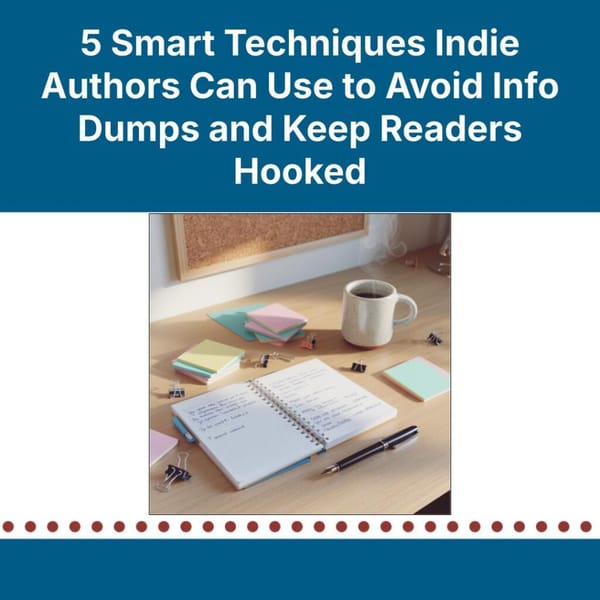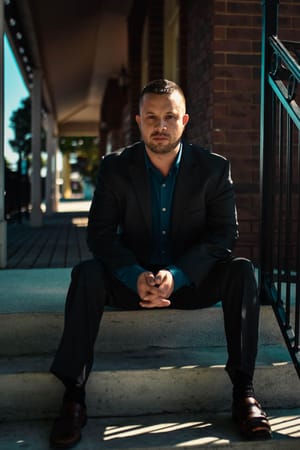In the criminal justice system, the people are represented by two separate yet equally important groups: the police, who investigate crime; and the district attorneys, who prosecute the offenders. These are their stories.
—Law & Order.
In a gamut of literary genres including Mystery, Police Procedural, Legal Thriller, and Prison Literature, the readers are represented by authors, whose understanding of the details can provide verisimilitude, spotlight forensic and procedural advancements, and engage in the ongoing debate over social justice reforms. These can be your stories.
Forensic Science
Crime scene investigators scrutinize evidence in a slow and methodical process. Fictional accounts tend to highlight only the most shocking revelations. While you can and should compress time as needed to maintain the pacing of a story, a careless rush can minimize the painstaking care that goes into processing evidence while preventing avoidable contamination of a crime scene.
To be useful in an investigation and subsequent prosecution, the preservation of evidence requires a meticulously documented chain of custody. And while it’s impressive for an investigator to recognize a scrap of fabric on sight as being of 2017 vintage, used by only one shirt manufacturer, and sold at five specific stores in the city, at least one person should double-check such claims. “Jones is always right about this kind of thing” is a poor justification for committing department resources to tracking down a lead.
A potential source of conflict arises when the evidence tells a story that contradicts the investigators’ theory of the case. What happens next can pivot the story in an entirely new direction. In the end, analysis in the lab may provide the building blocks for a theory of when, where, and how a crime may have taken place, but the why of the case, the motive in the perpetrator’s mind, can never be proven by scientific analysis alone.
Technology Is Everywhere
DNA analysis has opened up new lines of investigation that previously weren’t available or as easily presented to a jury. Networks and databases allow better cross-jurisdiction collaboration to more easily and quickly sort through more information with more expertise. Cameras are in use at an ever-widening range of retail establishments, above busy intersections, and in residential doorbells. Mobile phones and smart watches are being used to reconstruct a suspect’s communication, movement, and even heart-rate while a crime was being committed. Social media and search histories can help reconstruct a suspect’s state of mind for weeks or months leading up to a crime.
If a story is set in a specific time and place, the state of technology will matter. Projecting more advanced technology into a historical story is as common as failing to account for an advance available to investigators in contemporary or near-future settings. In a fantasy setting, the limits of magics should shape an investigation as much as the limits of technology.
Courtroom Drama
Trial scenes can inject high-stakes drama into a story. But if your trial takes place in a realistic setting and isn’t intended as parody, you should familiarize yourself with the rules and practices of jury selection, arraignment, trial, plea agreements, and the admissibility or exclusion of evidence.
In a more realistic courtroom, the presiding judge controls proceedings, and theatrics are discouraged in most phases of the trial with summation statements being a possible exception. A lawyer must obtain the judge’s permission to approach a witness during questioning, and only then for good reason, such as to show them a piece of evidence. Lawyers aren’t allowed to address the jury while questioning a witness, and an objection must be addressed on the record before further questions are allowed. Witnesses rarely incriminate themselves on the stand.
Criminal Justice Reform
Some of the most powerful details in stories about the criminal justice system spotlight its flaws. Characters may struggle with issues of systemic bias, social injustice, substance abuse, economic inequality, government surveillance, and more. The incidents and attitudes depicted may invite an examination of our society, our history, and aspects of human nature itself.
You may be tempted to insert your own opinions into the minds and mouths of your characters. If you choose this path, be mindful, interrogate your own blind spots and biases, and as they say in the squad room, be careful out there.











